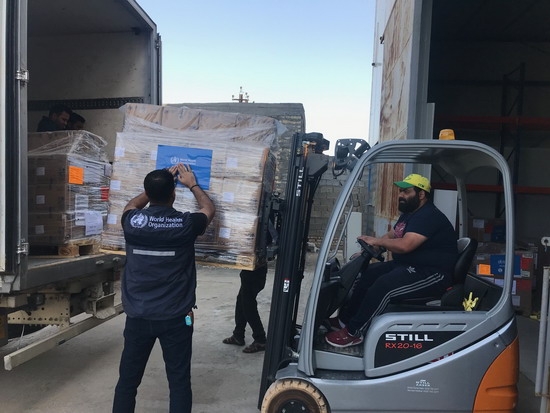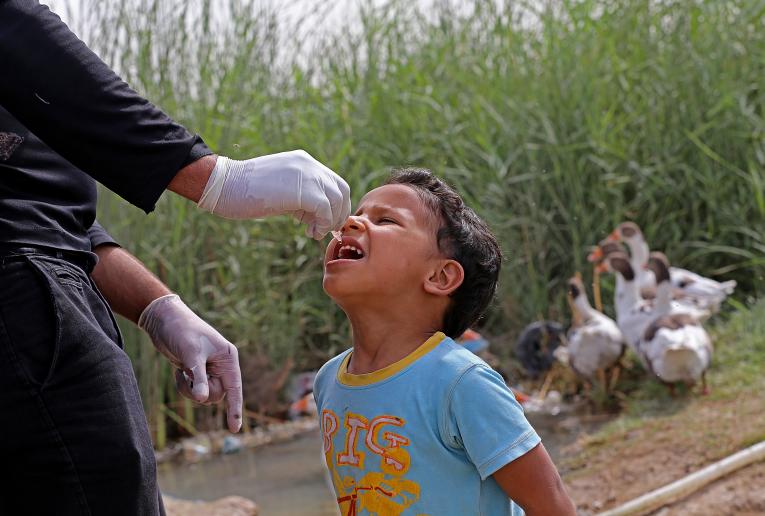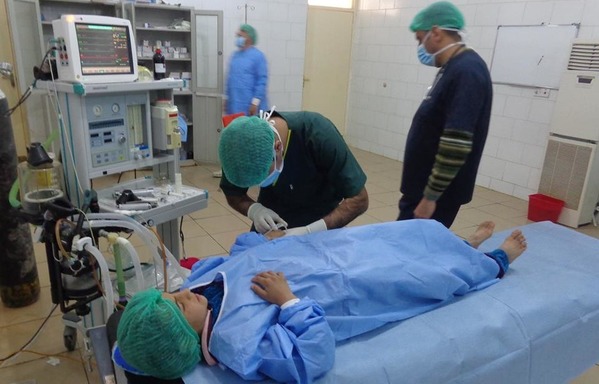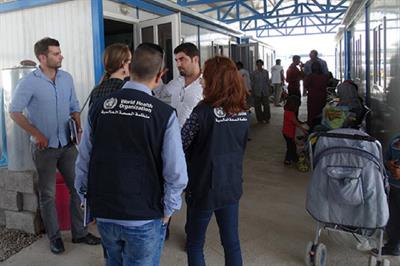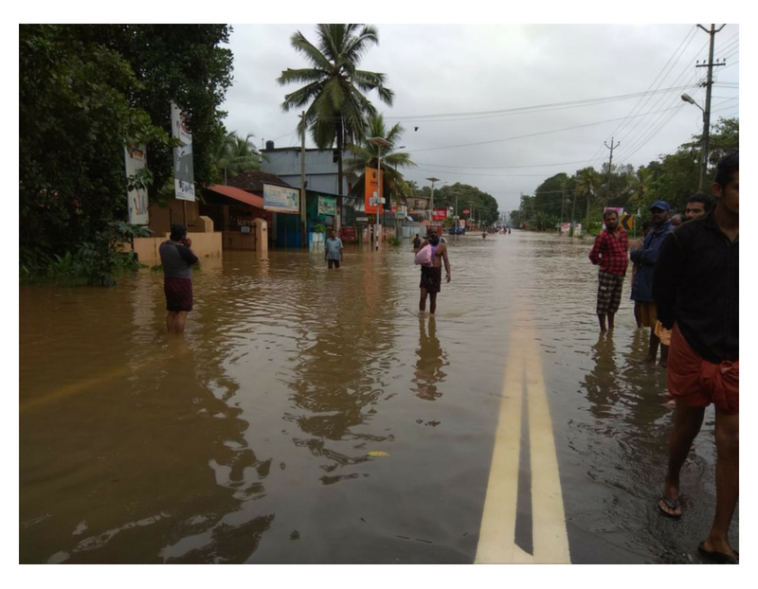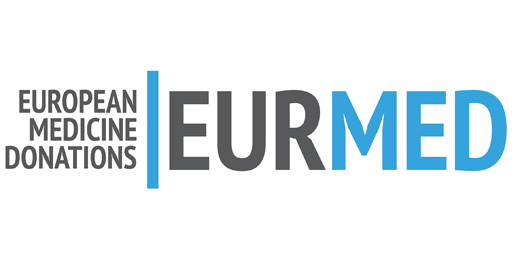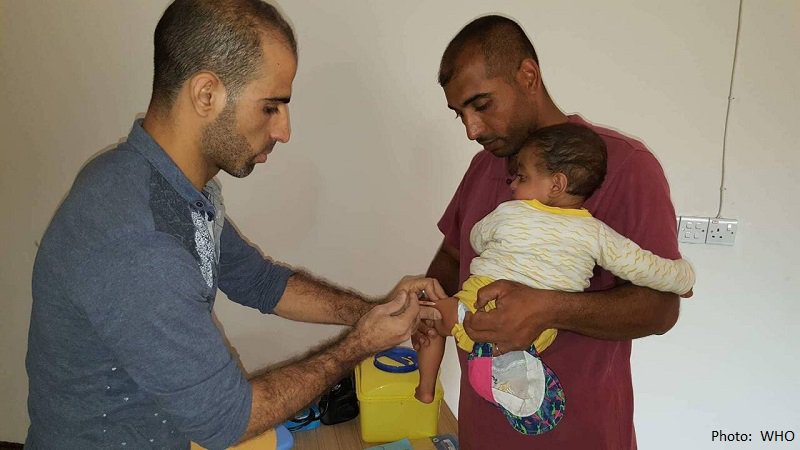WHO sends shipment of kits and medical supplies to Missan governorate
Responding to the needs of the Directorate of Health in Missan following the recent floods that hit the area, the World Health Organisation (WHO), with the generous support of donors, sent a large consignment of emergency kits and medical supplies to support the Directorate, 304 kilometres south east of Baghdad.
WHO and Missan Directorate of Health staff witness firsthand the damage caused by floodingMissan was adversely affected by the floods which were caused by heavy rain and floods from the border with Islamic Republic of Iran. The flood water is covering a wide area of land, which has led to the migration of residents, damage to property, death of livestock and destruction of agricultural crops in many villages and marshlands.
About 328 726 population are at risk. Cities and villages affected are: Ali al-Gharbi, al-Msharrah, Hay al-Mua’alemeen al-Jadeed, al-Salam, al-Faka, al-Btaira, al-Teeb, al-Adil, al-Maymouna, al-Uzair and al-Kahlaa. Areas seriously threatened are villages west of the Tigris River (Hor Al-Musandak) along Ali al-Gharbi, Ali al-Sharqi and Qamit. 545 families are displaced with another 2000 families threatened with displacement.
The Government coordinated multisectoral efforts, supervised and supported relief operations, established 5 camps, and coordinated with Iraqi Army forces and civil defense to send helicopters to evacuate people trapped in flooded areas. With the situation quickly evolving, 101 families in some villages were evacuated to a camp in a neighbouring village.
Adham Ismail, acting WHO Representative in Iraq, said:
“In response to the crisis, the WHO country office in Iraq has been coordinating very closely with the Missan Directorate of Health. WHO kept high level coordination and collaboration with the Directorate of Health in Missan through medical operations and specialized services.
“WHO acted promptly in responding to monitoring the floods and receiving regular reports, it assessed water quality and access to clean water and monitored cases of acute diarrhoea. Further, WHO has shared information with the Development Coordination Office at UNAMI and all United Nations partner agencies in Basra, particularly with UNICEF – Water and Sanitation Unit, and supported the Directorate with 30 Basic Interagency Emergency Health Kit and trauma kits to cover a population of 100 000 for one month. WHO will continue its efforts in monitoring the flood and health situation in Missan.”
Officials at Missan Directorate of Health stressed that the shipment would save lives in the governorate and could be used by mobile clinics offering emergency health care and services to affected people. They expressed appreciation to WHO and donors for their quick response and support.
The consignment included supplementary module pharmaceutical kits, supplementary module equipment, renewable kits, trauma profile/emergency kits, medical supplies, and basic units (without a malaria component).
(Source: WHO)

